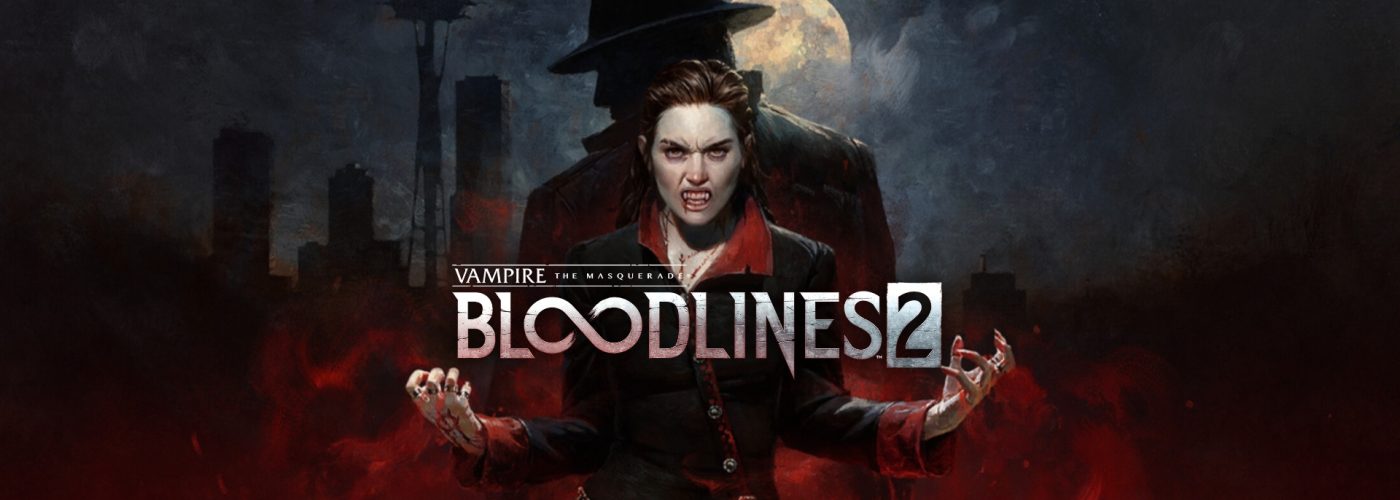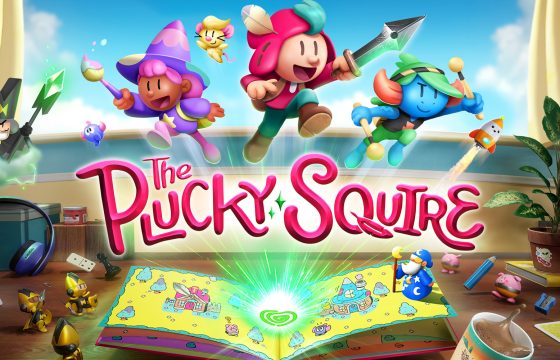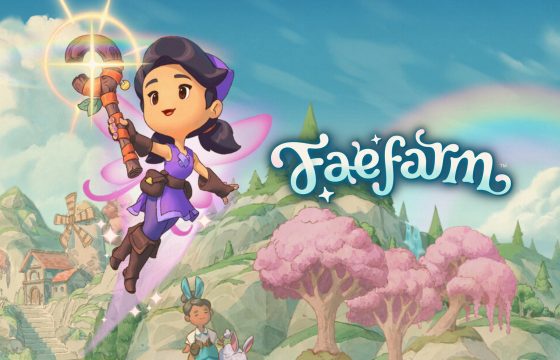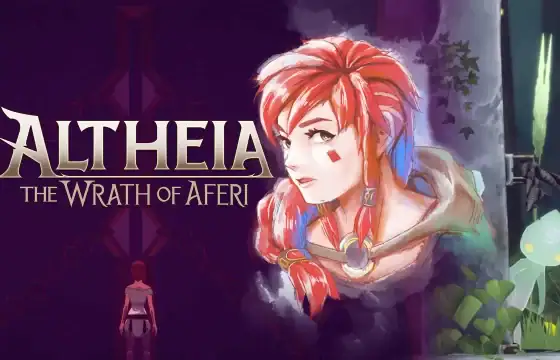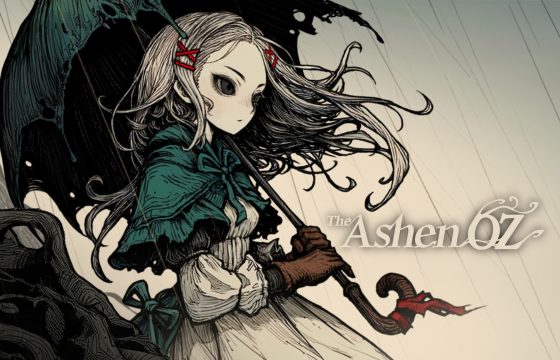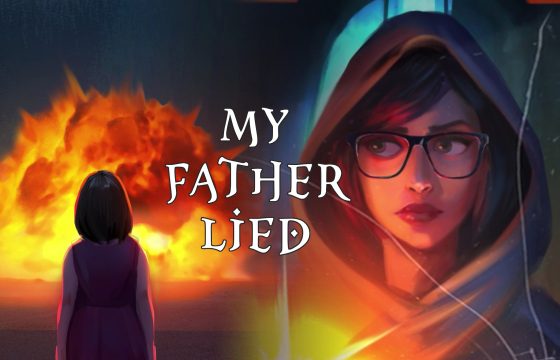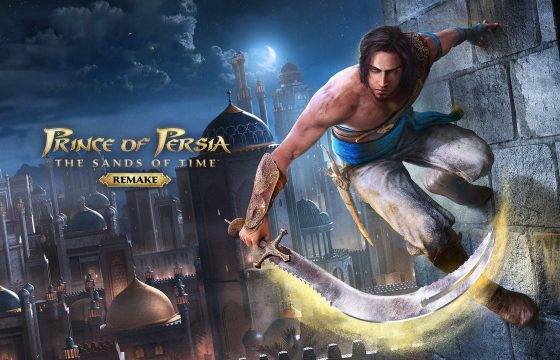From Mass Effect and Oblivion to Bloodlines 2: the cost of simplifying RPGs on narrative depth and player agency.
The concept of a role-playing game (RPG) has always been defined by one core principle in the world of video games: player freedom. A truly engaging RPG offers a robust character customization system, both aesthetic and structural, strengthening the bond between player and avatar while enhancing replayability (as seen in Dragon Age: Origins). Exceptions exist only for RPGs with predetermined protagonists, such as the original The Witcher or Deus Ex.
Aesthetic customization should never be a mere cosmetic flourish: it can shape choices, interactions, and the reactions of companions and NPCs, creating distinctly varied playthroughs.
Notable examples come from BioWare:
- In Mass Effect, certain dialogues vary according to the character’s gender.
- In Dragon Age: Origins, race and gender not only determine a distinct origin story but also shape how the world perceives and reacts to the player.
Vampire: The Masquerade – Bloodlines pushed this even further, where aesthetic choices intertwined with combat modifiers, blood effects, and relationships with key characters, resulting in a deeply integrated and highly personalized gameplay experience.
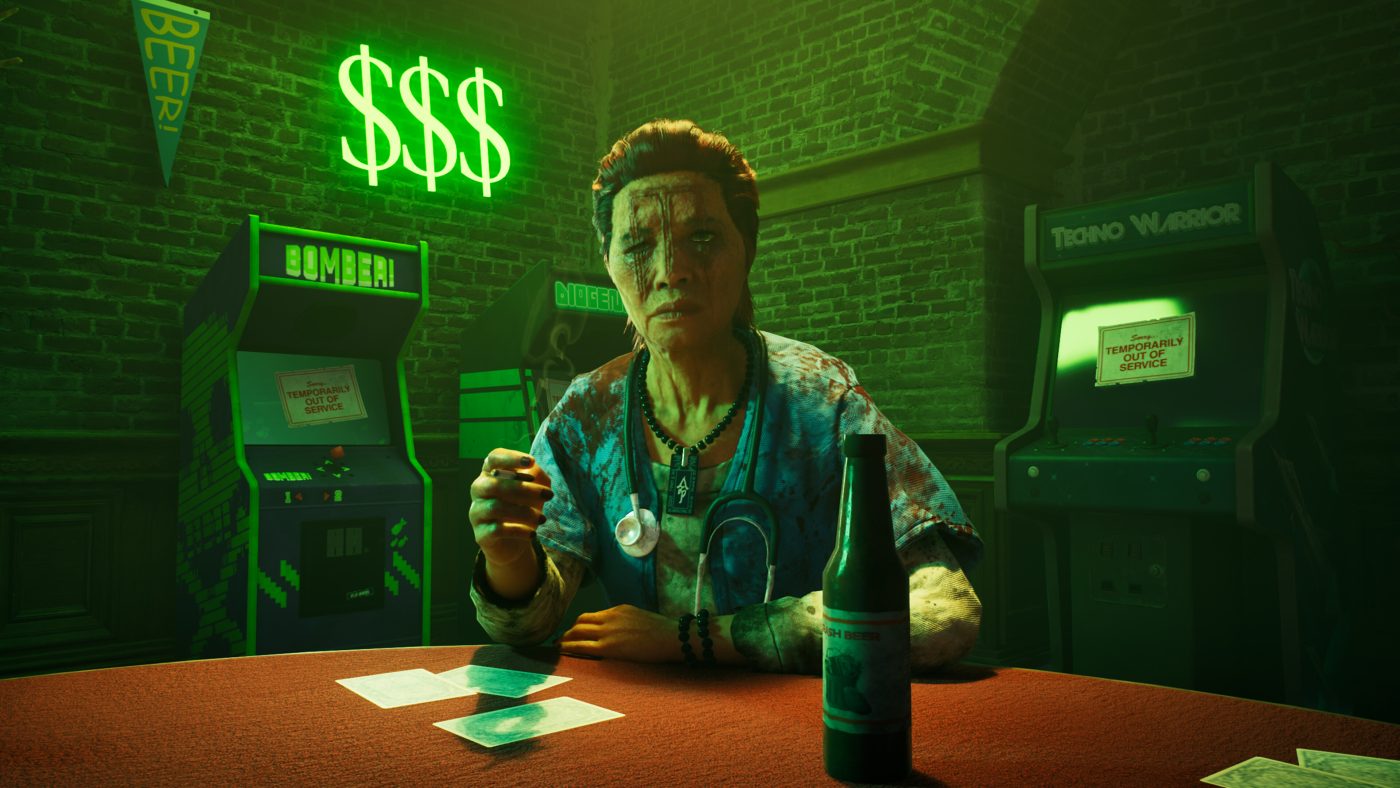
The Implications of Linear Design in Bloodlines 2
Bloodlines 2 has undergone multiple delays, each accompanied by distinct visions and gameplay systems. The only prior build shown to the public showcased the hallmarks of a sprawling RPG, offering deep player choice and a substantial degree of freedom. The final build, however, embraces a more linear, corridor-like design, a decision that has sparked divisions among fans and widespread skepticism toward the title.
Although this linear approach inherently restricts player freedom, limiting the number of viable approaches, it grants the studio greater control over variables and facilitates a more efficient and reliable quality assurance process.
The presence of two playable characters hints at dual campaigns, with interwoven narratives that could deliver engaging story developments, while keeping the overall campaign length manageable.
The studio’s aim to “conclude” the IP efficiently is clear. Whether this approach will prove effective or restrictive will only become apparent upon the game’s release and review.
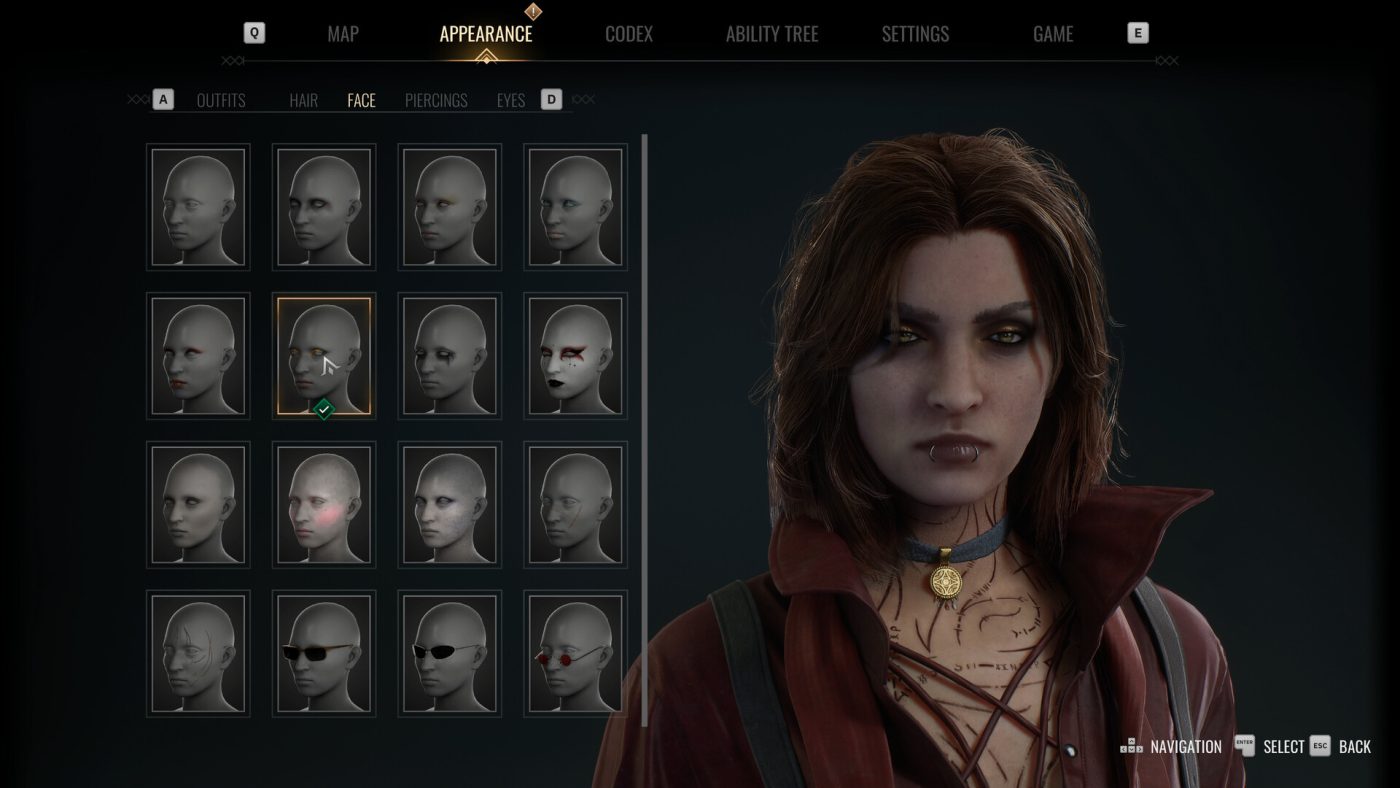
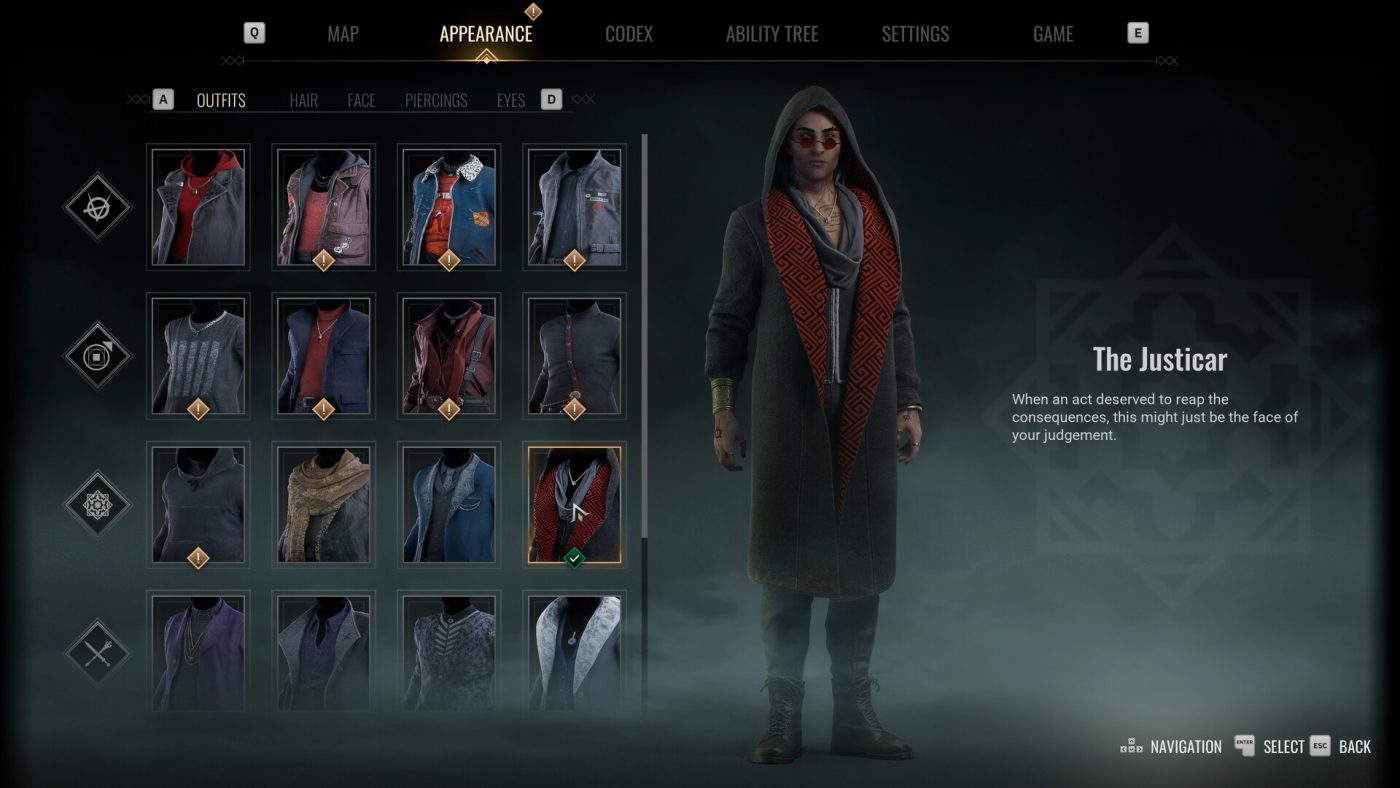
The Art of Progression: Making Every Mission Matter
The character progression system should never function as a constraint, but rather as a genuine incentive. Each completed mission should foster a consistent sense of advancement, creating a positive feedback loop that encourages players to explore and further develop their avatar. Exemplary cases, such as Bloodlines and The Witcher 3, masterfully weave exploration, narrative depth, and character growth into a coherent, rewarding, and profoundly immersive experience.
From BioWare to Bethesda: How RPGs Started Losing Their Depth
With the mass expansion of gaming, many studios have gradually sacrificed complexity in favor of greater linearity.
- Bethesda: Oblivion stood out for its deep customization, memorable quests, and a genuine sense of freedom. Skyrim, while visually spectacular, increasingly channels players along predetermined paths, reducing the sense of scale and autonomy.
- BioWare under EA: Mass Effect delivered a fully realized RPG experience, featuring extensive customization, planetary exploration with the Mako, and significant tactical freedom. In Mass Effect 2, the focus shifted to storytelling and companions, at the expense of exploration and build complexity, with simplified abilities and weapons. The game remains memorable, yet it also epitomizes the genre’s gradual loss of depth.
Bloodlines 2: The Bare Minimum of Player Choice
And here we reach the core issue: Vampire: The Masquerade – Bloodlines 2. Compared to its predecessor, the game loses its defining hallmark: the freedom to truly shape your experience.
In this installment, players are restricted to only two predefined characters (male and female), with extremely limited customization – mostly clothing and clan affiliation – which has minimal impact beyond abilities. To make matters worse, two clans are initially locked behind a paywall.
The contrast with the original Bloodlines is striking: there, appearance, clan, and character traits genuinely shaped gameplay, influencing dialogues, narrative decisions, and build development.
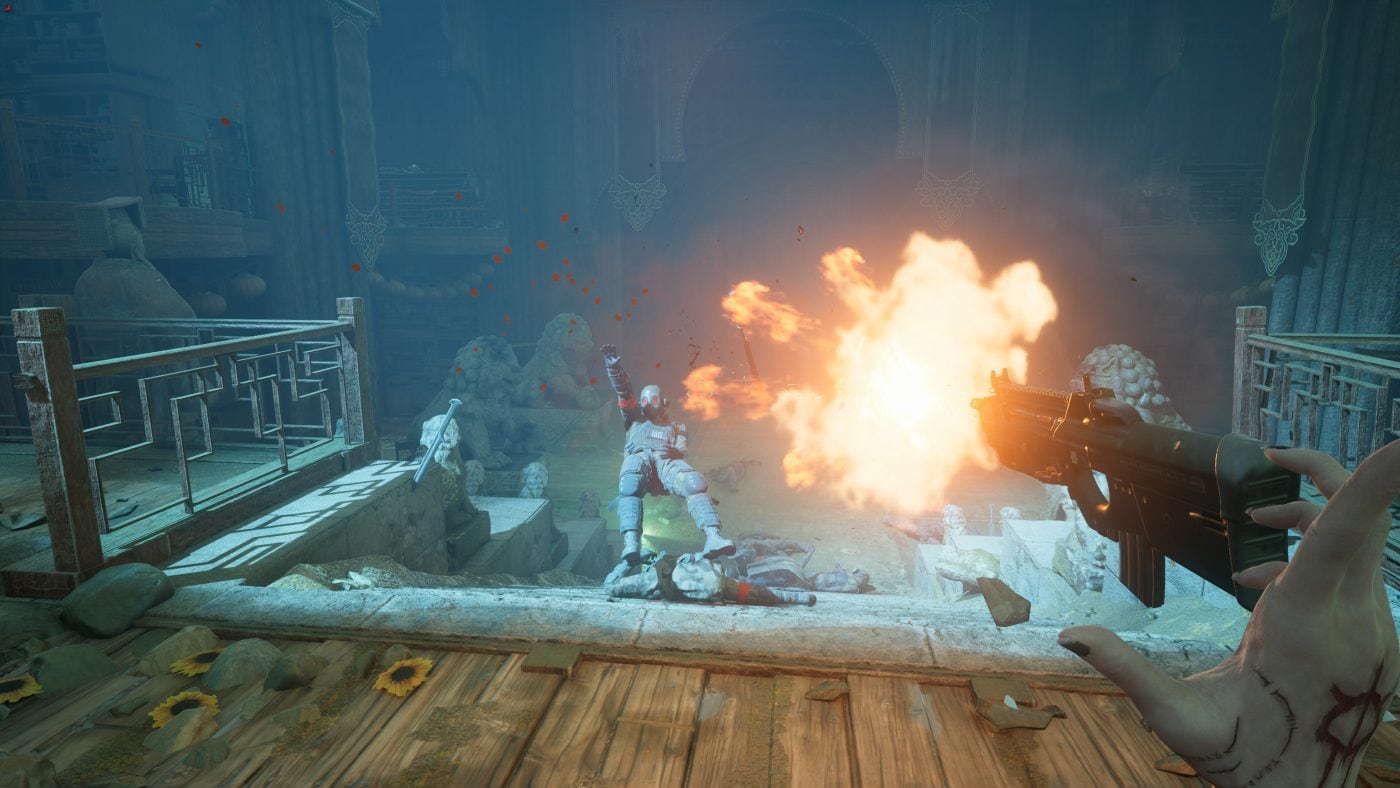
A Stormy Development Process
The development of Bloodlines 2 has been a deeply turbulent journey: studio changes, repeated restarts, and Paradox’s decision to simplify the game to make it more manageable and bring the project to a swift close. It has already been confirmed that any future installments will be handled by different teams, marking a major shift for the franchise.
Adding to the turmoil, in September 2025, Paradox initiated automatic refunds for Premium Edition pre-orders on the PlayStation Store, starting September 8th. This move came in response to strong community backlash over the $30 DLC that locked two playable clans behind a paywall. The company pledged “adjustments” to the content structure and, a few weeks later, confirmed that the Lasombra and Toreador clans would be included in the base game, abandoning the more aggressive monetization approach.
A bitter and controversial fate for a complex IP like World of Darkness. International reactions speak for themselves: comparison videos with the original proliferate, and community frustration shows no sign of abating.
What Lies Ahead for Bloodlines 2?
Flop or success? It’s still too soon to tell. For now, opinions hover between growing skepticism and sharpening criticism. Paradox seems to have underestimated the gravity of expectations surrounding this long-awaited sequel, further entangling the project with paywalled content and sudden refunds mere months before release. These choices have inevitably cast a long shadow over the game’s future and eroded confidence in the studio’s direction. Only upon the full review will it be possible to deliver a final judgment – to determine whether Bloodlines 2 can truly honor the legacy of its predecessor or if it will ultimately stand as yet another missed opportunity in the evolving landscape of modern RPGs.

